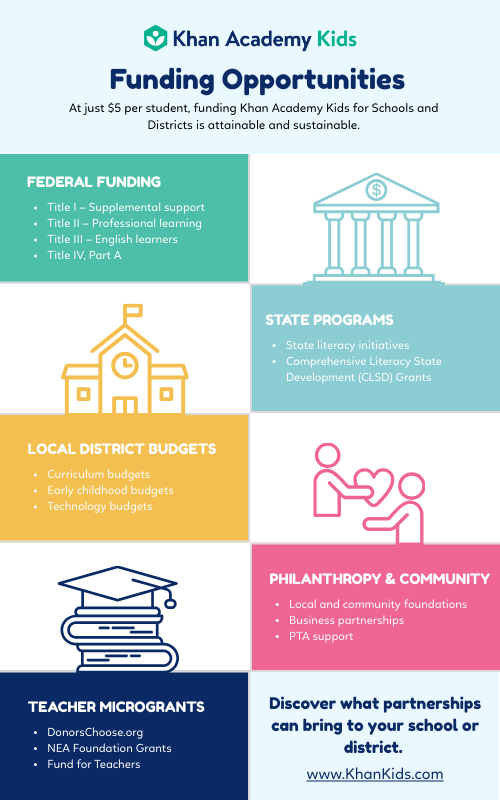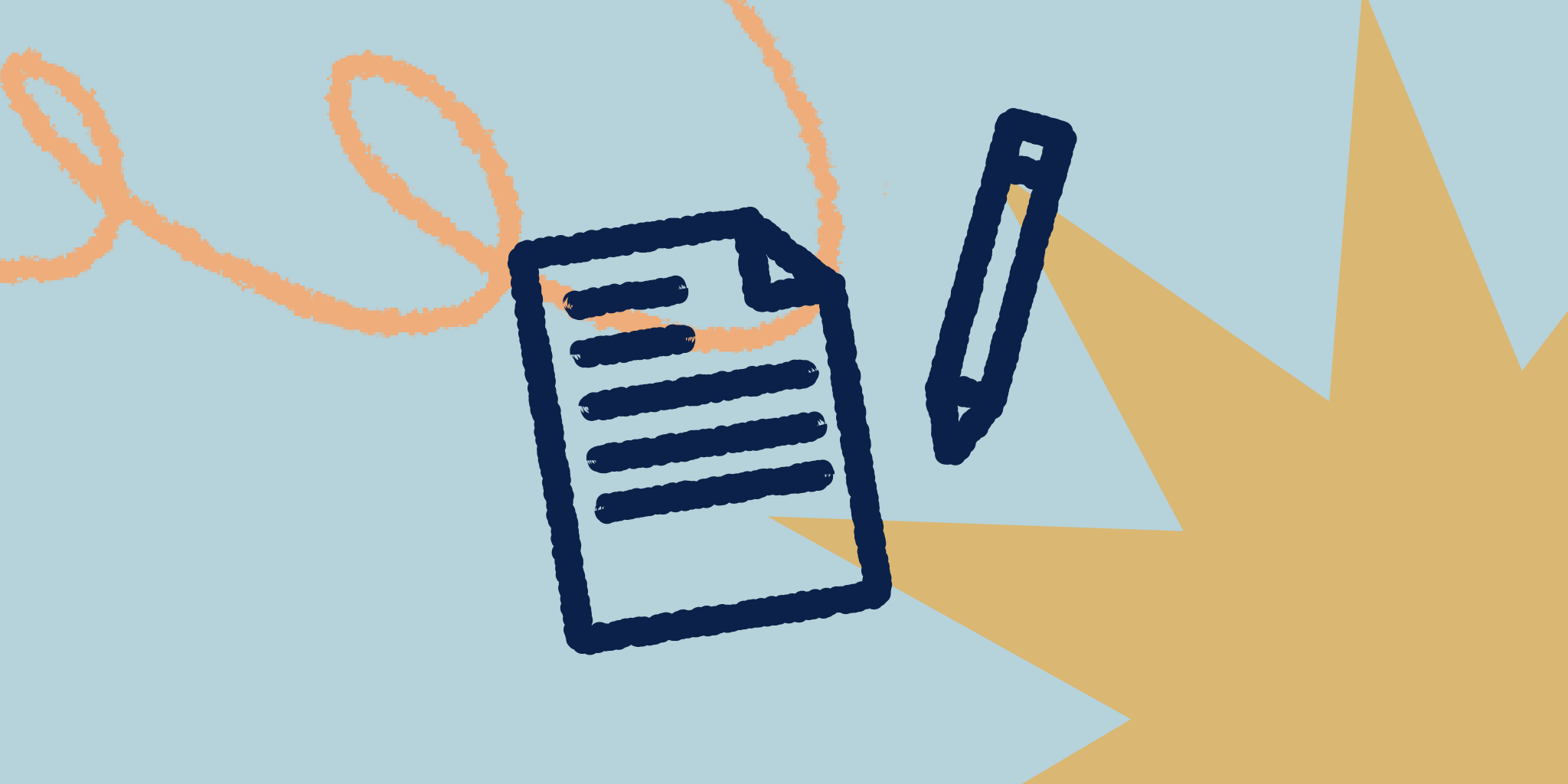In today’s educational landscape, many district leaders are facing unprecedented challenges. With the expiration of federal funding and tight budgets, the pressure to achieve ambitious literacy and math objectives for young learners is mounting. Balancing the needs of students and educators while ensuring long-term financial stability can feel overwhelming.
Affordable Solutions for Consistent Support
As new features are rolled out to enhance school and district-level implementation, our commitment remains to provide cost-effective solutions for our partners. At a mere $5 per student, this program seamlessly integrates into existing budgets, allowing districts to avoid the pitfalls of inconsistent programs. This ensures that both students and teachers receive reliable support year after year.
Long-Term Viability in a Shifting Funding Landscape
As federal funding dynamics evolve, educational institutions require programs that offer stability beyond the life of grants. This is why we have designed our offerings to be both affordable and sustainable. The mobile application remains free for families and educators, with no intrusive advertisements, ensuring a focused learning environment.

Comprehensive Benefits for Districts
For just $5 per student, districts gain access to:
- A user-friendly web-based teacher dashboard that provides valuable insights to enhance instruction.
- District-wide reporting tools to monitor engagement levels.
- Resources for families to support at-home learning.
- Professional development and teacher support included at no additional cost.
Our mission is straightforward: to be a dependable partner in education.
Integrating into School Funding Strategies
Here are some effective strategies schools and districts are employing to incorporate this program into their funding plans:
-
Title I Funding – Numerous schools utilize Title I funds to enhance academic programs. This initiative lays a solid foundation in early literacy and math, particularly for students requiring additional assistance.
-
Title II Funding – The partnership includes professional development, allowing districts to allocate Title II funds towards improving teacher effectiveness through this collaboration.
-
Title III Funding – For English language learners, Title III can bolster programs that enhance vocabulary and language skills. The program offers engaging, language-rich activities that foster student confidence.
-
Title IV, Part A Funding – These grants provide schools with the flexibility to offer comprehensive educational opportunities. With a focus on literacy, math, and executive functioning, this initiative supports the holistic development of each child.
-
State Literacy Initiatives – Many states are prioritizing early literacy aligned with scientific reading principles. This program assists districts in meeting these standards in a cost-effective manner.
-
Local Budget Allocations – Given the low cost, some districts can directly fund this initiative from their curriculum, early childhood, or technology budgets.
-
Philanthropic Support – Some districts collaborate with local education foundations or nonprofits to secure funding for enrichment or supplemental programs.
-
Community Partnerships – Financial backing from Parent Teacher Associations (PTAs) or local businesses can significantly enhance early learning and family engagement efforts.

Exploring Funding Opportunities
To maximize funding potential, consider the following approaches:
-
Initiate Within Your School/District
- Consult with your curriculum director regarding discretionary funds for digital learning or early literacy initiatives. Many schools allocate small budgets for innovative classroom projects.
- Engage with your Title I coordinator if applicable, as Title I funds often support additional reading and math programs.
- Professional development budgets (Title II) may also be relevant, given the inclusion of free professional development.
-
State Department of Education Resources
Most states maintain dedicated pages for literacy initiatives, early learning, or classroom grants.
Examples include:
- Sections on your state DOE site for “Literacy Grants” or “Early Childhood Education”.
- Some states, like Michigan and Colorado, have specific grant portals for direct teacher applications.
-
Federal and State Literacy Grants
-
Education Grant Directories
- Grants.gov – The primary federal portal for searching “literacy” or “early childhood” grants.
- Foundation Directory Online (Candid.org) – A resource where many education foundations list available grants.
- GetEdFunding.com – A free searchable database for education grants.
-
Local and Community Foundations
- United Way frequently funds early childhood development and literacy initiatives.
- Local education foundations often provide mini-grants for teachers to apply for, typically ranging from $500 to $2,000.
- Search for community foundations in your area that offer education grants.
-
Grants and Microgrants for Educators
If you need funding for a smaller classroom initiative:- DonorsChoose.org – Create a project for licenses, with many donors supporting literacy-focused initiatives.
- NEA Foundation Grants – The National Education Association provides grants for instructional materials and professional development.
- Fund for Teachers – Supports innovative teaching projects, including classroom resources.
Your mission is to provide students with the best possible start, and we aim to facilitate that process. By maintaining predictable costs and offering professional development, this program is designed to be a reliable partner, even amidst changing funding landscapes.
If you’re interested in discussing how this initiative could align with your district’s funding strategy, we would be happy to connect with you.

September 9, 2025

September 5, 2025

September 3, 2025
